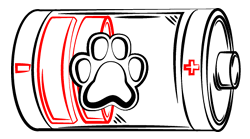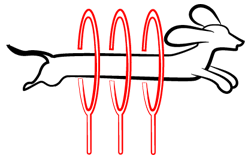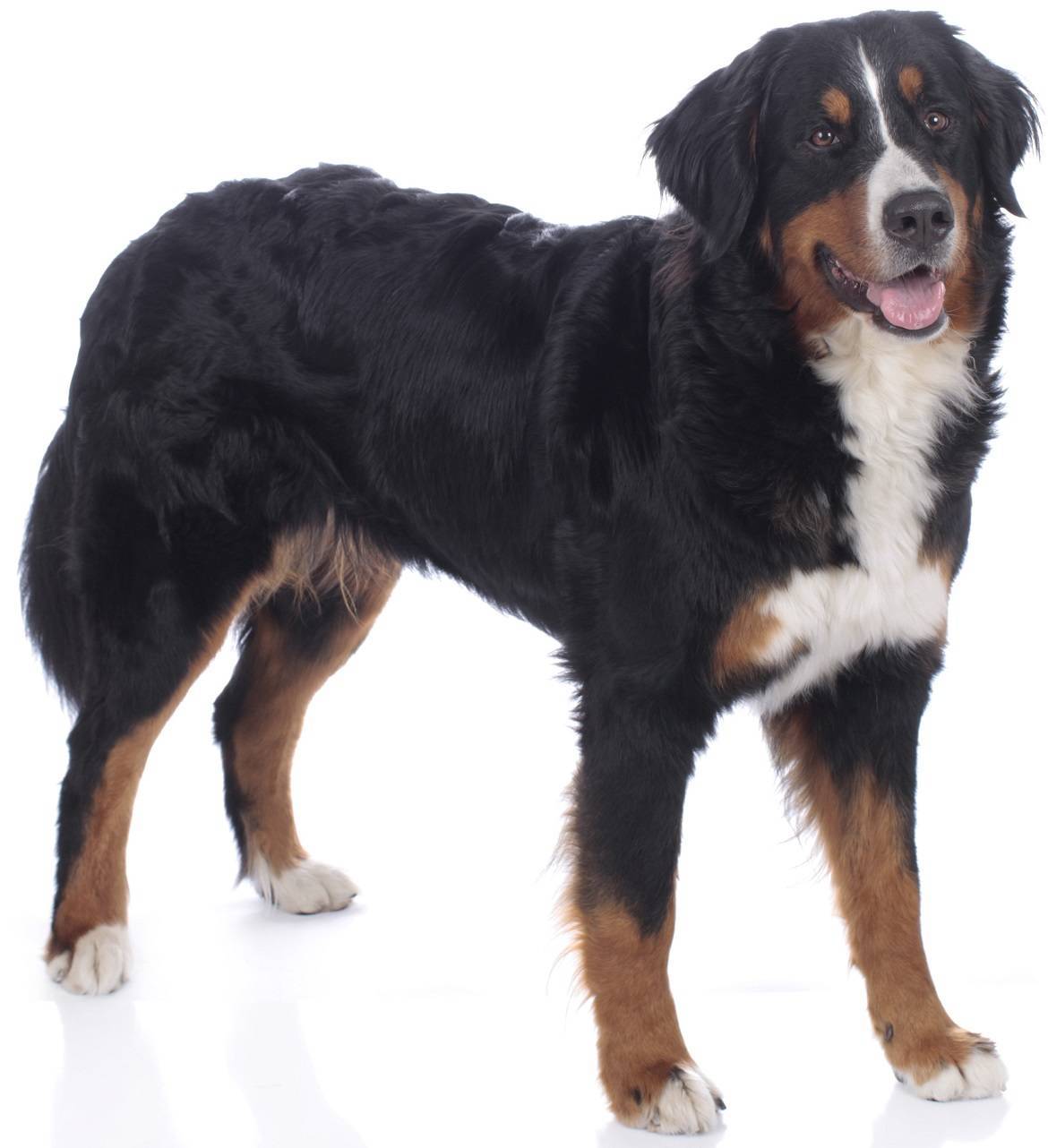
Paws ‘N’ Pups Quickview
Size
| Energy Level
| Trainability
| Paws ‘N’ Pups Rank
|
Characteristics
| Physical Characteristics: Height: 23-28” Weight: 80-110 lbs. Energy Level: Moderate | Health & Longevity:6-8 years Breeders screen for the following conditions:
|
The American Kennel Club recognizes the Bernese Mountain Dog in the following colors:
|
Unfortunately, cancers are prevalent in the breed. Like many large, deep chested breeds, Bernese Mountain Dogs are susceptible to gastric torsion (bloat), a life-threatening situation if immediate veterinary intervention is not sought. During periods of growth, some Bernese experience Panosteitis, commonly referred to as “growing pains”. It is usually self-limited but the discomfort produced can range from mild to severe.
Temperament & Train-ability
The Bernese Mountain Dog (or Berner as they are affectionately known) was originally bred as a farm and carting dog. They are steady and even tempered, loyal, tolerant, and sometimes goofy. Berners mature slowly, so they will be large long before they are mentally mature. Their reaction to strangers varies, from aloof to friendly; shyness is common in some lines. Affectionate with their family, they usually enjoy the company of children, although they can easily knock a toddler over. Just as your dog will need careful socialization to learn appropriate behavior around children, your children must be taught how to properly interact with your Berner. Never allow children to sit on, attempt to ride or pull ears, etc. Children should be taught how to recognize when a dog needs a break and give them space. Berners can do well with other dogs, but some males are dog aggressive, particularly toward other males.
Having been developed in Switzerland, the Berner loves cold weather, though should never be relegated to living outside alone. Indeed, an isolated, bored and lonely Berner is prone to destructive behavior, barking, digging, and anxiety. They need to be part of the family, and will want to join you whether it’s snowshoeing or a walk around the neighborhood. Don’t be fooled into thinking the calmness of the Berner means he will be happy just lying around; these dogs were bred to work and need an outlet for that; they have considerable exercise needs. They are not suited for apartment or condo living, or those with small yards. They need a large, secure yard. Novice dog owners may find some challenges starting with this breed, so it is recommended those looking at getting a Berner bring some experience with dogs to the table. Berners can be quite exuberant when young, or if not exercised enough. The Swiss have a saying about this breed: “Three years a puppy, three years a good dog, three years an old dog and the rest is a gift.” Not surprisingly, there is much truth in this; Berners do take longer than average to mature, and their short lives are one of their biggest faults. Finding a responsible breeder is important, as the gene pool is small; finding someone who works to produce healthy and mentally sound dogs is well worth the time.
Training a Bernese Mountain Dog is best done with positive reinforcement methods. If force and punishment is used, they may dig in their heels; soft tempered dogs may be crushed. Some repetition may be needed during the learning process, so patience is mandatory. Also, when making requests of your Berner, don’t expect a zippy, flashy response. Some males, especially during adolescence, can be quite headstrong. Remain calmly insistent in your request. You will want to teach husbandry behaviors like getting into a tub, having feet handled, cleaning ears etc. so that you have your Berner’s cooperation for these necessary tasks; you won’t be able to outmuscle him. Berners require extensive and continuous socialization, from puppyhood through 2 years of age.
Grooming
The Berners’ coat is a thick double coat; a profuse topcoat tops a thick undercoat, which can be straight or wavy. They shed more than most breeds; so brushing several times a week is needed, not only to keep hair off your floors and furniture, but also to prevent matting. Twice a year, in the spring and fall, they will shed very heavily, and during this time, brushing needs to be done daily to prevent matting. Dogs with looser jowls can be prone to drooling.
Ears must be cleaned regularly, and toenails should be trimmed; even if your Berner wears their nails down, you will want to maintain the ability to handle their feet, especially useful as they age, when wear to the nails typically slows down. Teeth must also be checked and cleaned regularly.
Diet
The amount of food your Berner will need can vary depending on age, activity level, and type of food fed; on average, Berners will eat about 3-5 cups of food per day, which should be fed in two meals. Free feeding should be avoided, as many Berners are prone to becoming overweight, which should be avoided by carefully monitoring food intake. A portion of their daily food allotment may be used for training rewards. If food-related allergies and sensitivities exist, some experimentation to find a food your dog can tolerate may be needed. A constant supply of fresh, clean water must always be available.
Looking for a Bernese Mountain Dog?
 Find A Bernese Mountain Dog Breeder |  Bernese Mountain Dog Puppies For Sale |  Adopt A Bernese Mountain Dog |
Cost
Bernese Mountain Dogs are typically in the $1,200-$2,000 range. Breed rescue organizations are another option, where lovely dogs needing a home can be found; adoption fees vary widely, but are generally in the $200-$500 range. High veterinary expenses should be considered.
Paws ‘N’ Pups Ranking
Paws ‘N’ Pups ranks every breed out of 4 with 1 being easiest to integrate into your life and 4 being the toughest – The lower the ranking the better.
Bernese Mountain Dogs rate a 3; costing more than many breeds, needing some dog experience, having high exercise needs and many health problems.
Breeds Similar To Bernese Mountain Dog
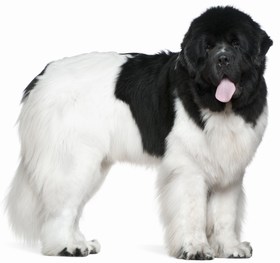 Newfoundland | 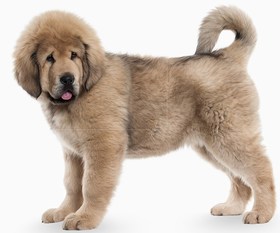 Tibetan Mastiff | 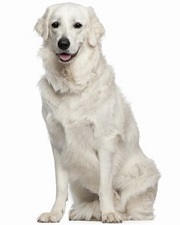 Kuvasz | 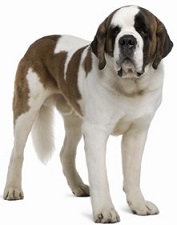 Saint Bernard |


